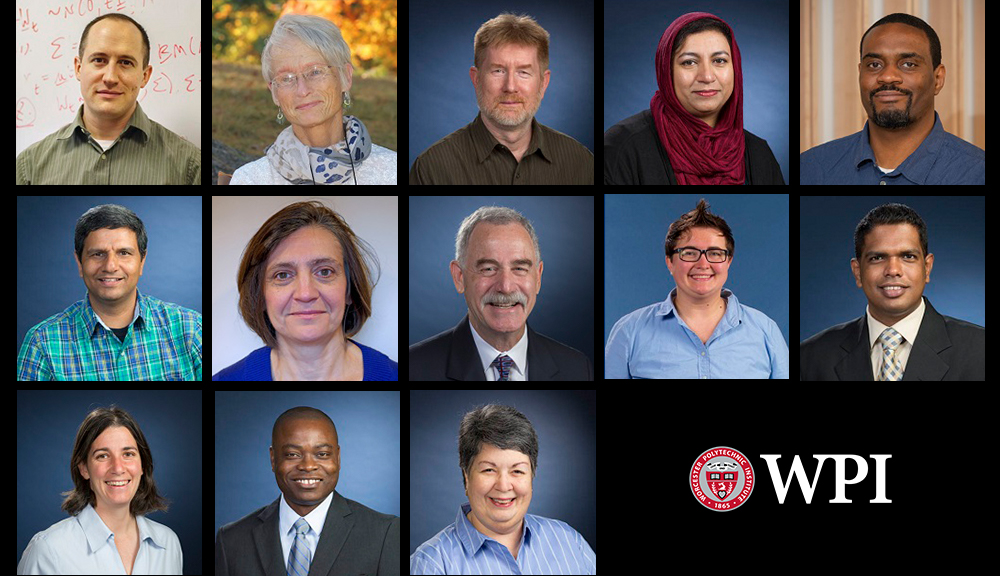Worcester Polytechnic Institute (WPI), SRI International, and the University of Maine have received a $3.5 million award from the Institute of Education Sciences at the U.S. Department of Education to evaluate the effectiveness of an online tutoring system for mathematics homework. The research team will study seventh-grade mathematics students and teachers in more than 50 schools throughout Maine using WPI’s ASSISTments system.
ASSISTments aims to transform homework by giving students instant feedback and tutoring adapted to their individual needs. It also provides teachers with customized reports each morning on their students’ nightly progress. Teachers in the study will receive training in how to use these reports to adapt their lesson plans to better suit students’ needs.
"Our early, small studies have shown solid learning gains for students who use ASSISTments, and this is leading to tremendous interest from schools in adopting the system," said Neil Heffernan, PhD, associate professor of computer science at WPI, who created ASSISTments. "Yet schools today want gold standard proof that if teachers assign homework using ASSISTments, their students’ math scores will go up. That’s why involving SRI as the objective, external evaluator is so important in this study."
The four-year research study will compare ASSISTments to existing ways of doing mathematics homework. The team chose to conduct the study in Maine because students there are assigned laptops to take home and use for homework. The researchers will examine whether ASSISTments is effective and investigate the teaching practices that lead to increased learning using the system. The researchers will look specifically at whether students who previously struggled in mathematics benefit from online homework tutoring and how these benefits vary depending on the students’ socioeconomic status.
"In an ideal world, we’d provide a personal homework tutor to every mathematics student who needs one–but that’s unaffordable," said Jeremy Roschelle, PhD, director of the Center for Technology in Learning at SRI." The results of this study will determine whether automated homework tutoring could be a cost-effective approach to support learning, while giving mathematics teachers the information they need to adapt classroom instruction to meet their students’ needs."
Currently, the research team is recruiting schools in Maine to participate in the study. Schools will receive free use of ASSISTments for four years, as well as high-quality professional development for their mathematics teachers. In addition, the homework assignments in ASSISTments will be customized to the textbooks used in participating schools. Applications are due by April 27, 2012.
About SRI International’s Education Research
SRI International conducts education research in three main areas: education reform, education policy, and the application of technology to improve education. Our researchers study reforms that hold promise for improving the K-16 system of schooling and lifelong learning and evaluate the design, implementation and impact of educational programs, especially those targeted at disadvantaged students. We also undertake projects to examine the design, implementation and impact of policies, programs and practices in the areas of early childhood, special education, school partnerships, and community services and strategies. One of our missions is to improve teaching and learning by conducting research on the innovative design, use, and assessment of interactive learning environments. A particular focus is helping educational technology firms improve their products by providing research insights and strengthening educational designs.
About SRI International
Silicon Valley-based SRI International, a nonprofit research and development organization, performs sponsored R&D for governments, businesses, and foundations. SRI brings its innovations to the marketplace through technology licensing, new products, and spin-off ventures. SRI is known for world-changing innovations in computing, health and pharmaceuticals, chemistry and materials, sensing, energy, education, national defense, and more.



